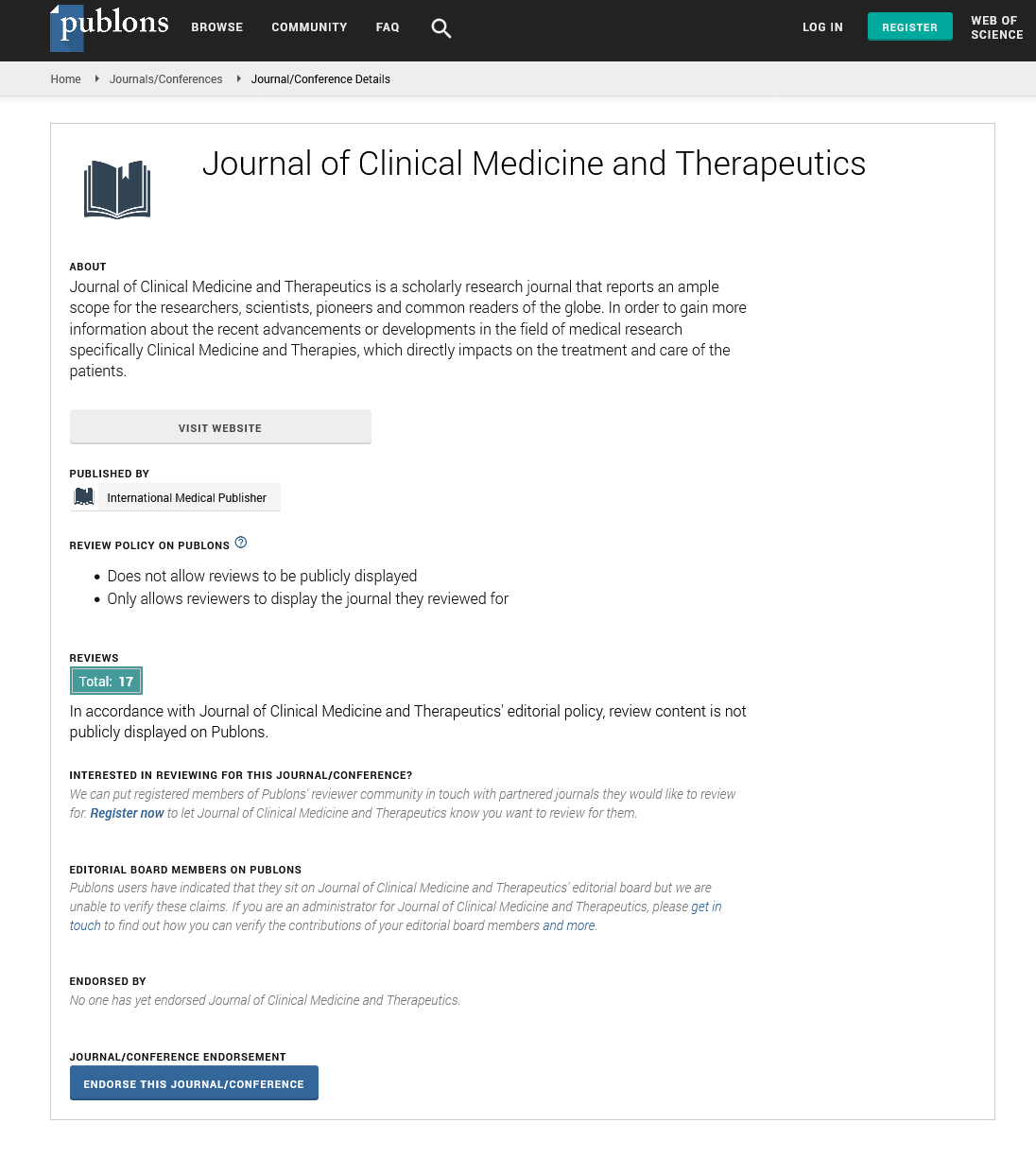Abstract
Non-Invasive, Quick, Simple Diagnostic Method and Safe, Effective, Individualized Treatment of Various Cancers without Side Effects
Introduction: Non-invasive, quick diagnosis of cancer and their safe, effective individualized treatment will be presented. Methods:Using simple, non-invasiveElectro-Magnetic Field Resonance Phenomenon between 2 identical molecules which received a U.S. patent in 1993, we analyze completed Mouth, Hand, and Footwriting Form, to detect most malignancies & their metastasis at any part of the body long before standard laboratory tests can detect any malignancies. For treatment, before using any treatment, we used an average adult optimal dose of 400 I.U. Vitamin D3. Our latest discovery is diagnosis of cancer from the QRS complex of an ECG.Results: We treated over 100 patients, most of them who had a significant reduction of cancer parameters, including Oncogen C-fos Ab2 &Integrin α5β1 (to less than 1/1000), and 8-OH-dG (which is proportional to DNA mutations to 1/5~1/10). If Integrinα5β1 is less than 100 ng, standard laboratory tests often cannot detect a malignancy. The most optimal, effective dose of any treatment was individually determined by using above method. Average optimal dose of Vitamin D3400IU for adult not only inhibit cancer activity markedly but also often increased extremely low Acetylcholine and DHEA levels to normal level. Cancer activity & associated symptoms significantly reduced without any side effects in more than 85% of patients. However, commonly used 2000~5000IU Vitamin D3 significantly promote cancer activities more than 2 times.Discussion: In the remaining 15% of patients we found that what patients were eating, drinking, and wearing affected their treatment. Since most patients made significant improvements, before using any other cancer treatment, we recommended to see the result of initialoptimal dose of Vitamin D3treatment. We found the optimal dose also depends on their age & the degree of patients physical activity, while standard methods of estimating dose requirements are proportional to body weight
Author(s): Yoshiaki Omura
Abstract | PDF
Share This Article
Google Scholar citation report
Citations : 95
Journal of Clinical Medicine and Therapeutics received 95 citations as per Google Scholar report
Journal of Clinical Medicine and Therapeutics peer review process verified at publons
Abstracted/Indexed in
- Publons
- Secret Search Engine Labs
Open Access Journals
- Aquaculture & Veterinary Science
- Chemistry & Chemical Sciences
- Clinical Sciences
- Engineering
- General Science
- Genetics & Molecular Biology
- Health Care & Nursing
- Immunology & Microbiology
- Materials Science
- Mathematics & Physics
- Medical Sciences
- Neurology & Psychiatry
- Oncology & Cancer Science
- Pharmaceutical Sciences

